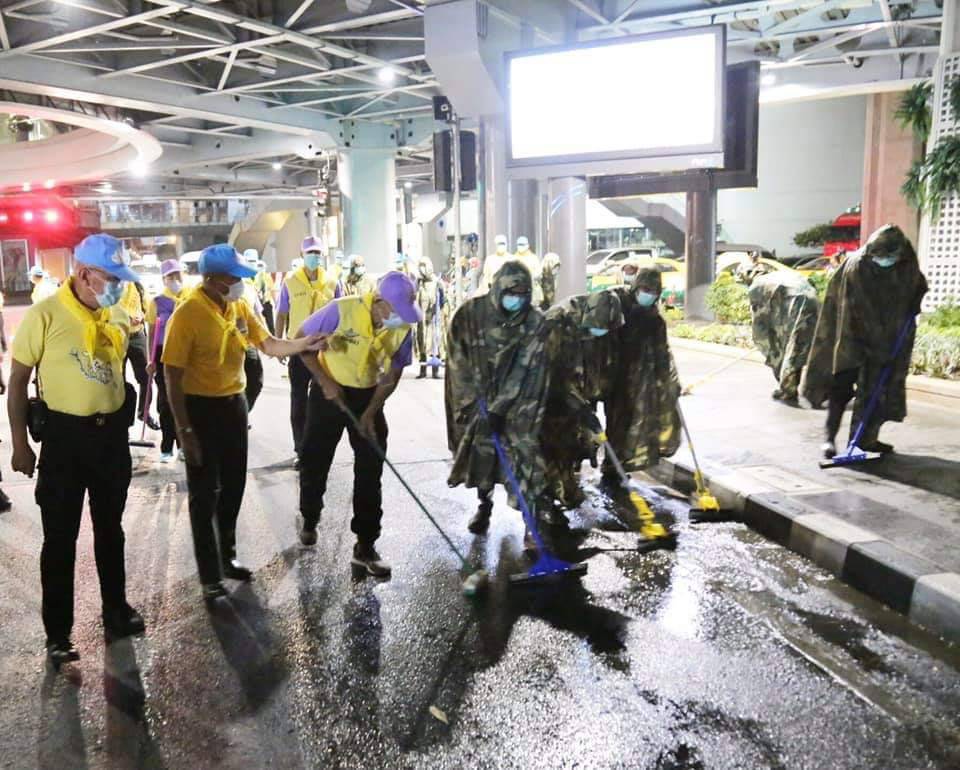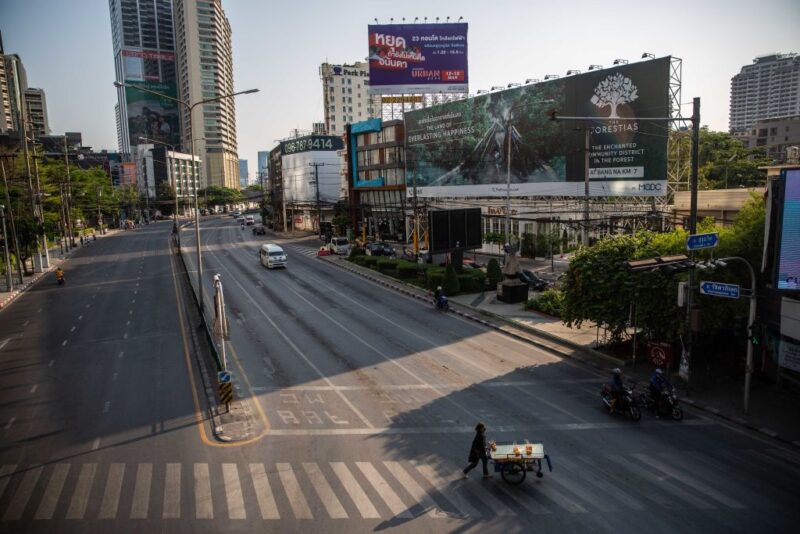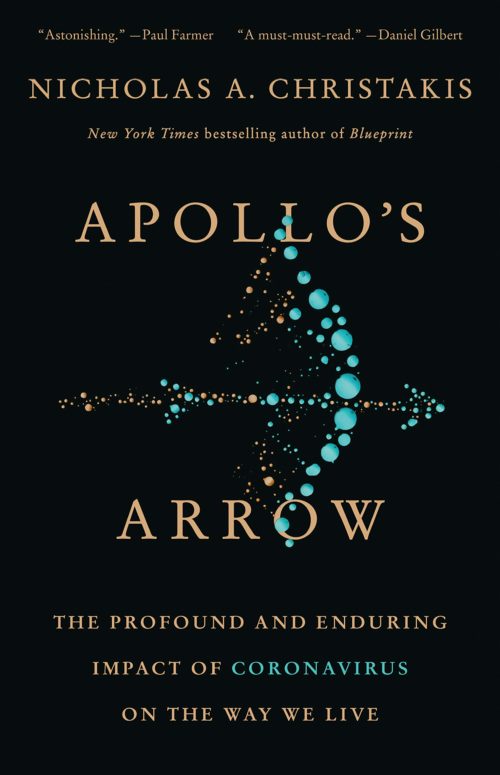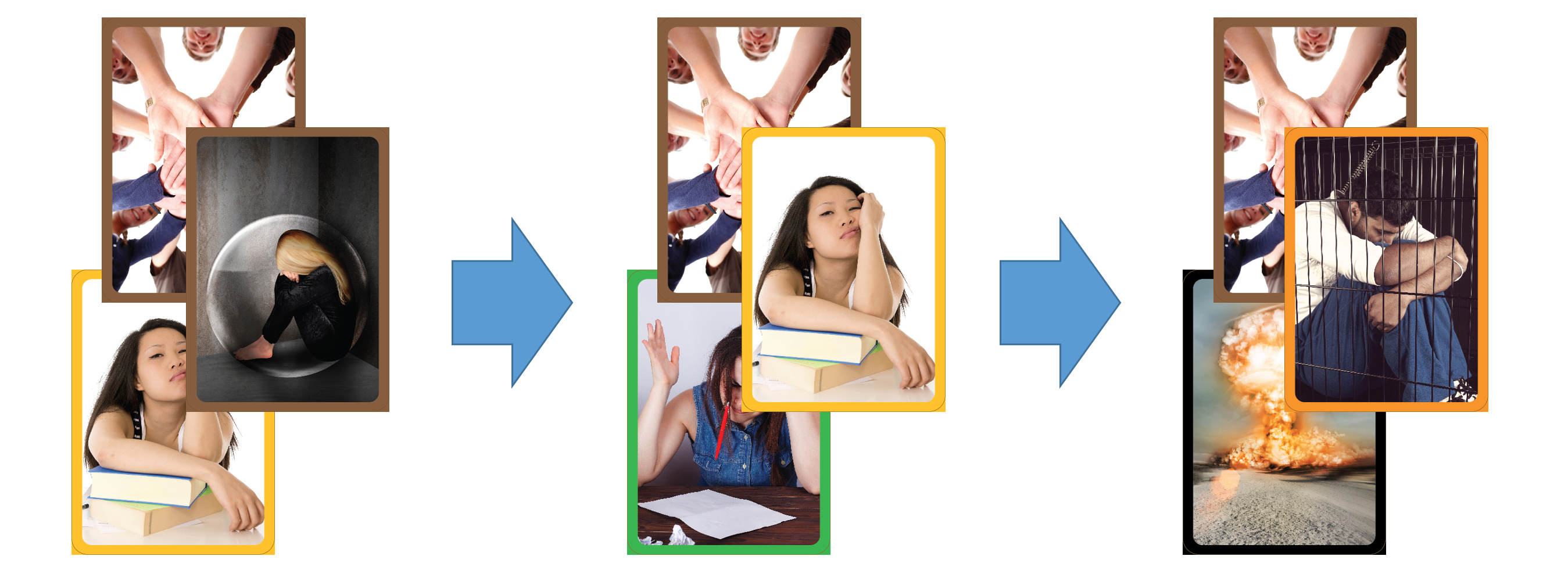In his novel La Peste (The Plague), Albert Camus wrote, ‘But what does it mean, the plague? It’s life, that’s all’ In many ways, Covid-19 is the world’s largest ever psychological field experiment. In this article, we will discuss what we can learn about the psychology of pandemics and how the language used by the media, often reporting others, shapes public perceptions and responses, sometimes with profound implications.
It has been popular to use the metaphor of warfare in talking about the pandemic, perhaps more among politicians and media than healthcare professionals. In Thailand, we saw many references to ‘fighting the coronavirus’ and ‘Covid warriors’, including videos on the Skytrain that portrayed hygiene routines as a battle with the virus. This is also the language of many of the hygiene products that we have been using every day, that talk about “killing 99.9% of germs”.
But is this an appropriate or helpful metaphor for these times and what impact does it have the psychology of readers and viewers? Warfare implies an enemy, in this case the virus although unfortunately the virus is invisible. Does warfare mean we are all soldiers, and what weapons do we have to fight the enemy? For other challenges, warfare has rarely been a useful metaphor. The ‘war on drugs’ has failed and does Greta Thunberg use this approach to create a global climate change movement?
How much agency do we individually have to ‘fight’ the virus? We can’t erect a wall around us to keep the enemy (completely) out, even if masks and physical separation can help us keep some ‘distance’. In many US states, sales of guns have spiked, but can we shoot at an invisible enemy? The language of distance is also an important one, where ‘physical distance’ is much more accurate and reassuring than ‘social distance’.
Warfare is a flawed, and potentially damaging, metaphor, legitimizing violence and dissolution of norms as a response to a natural phenomenon. The language of warfare speaks of the frontline, battles, fighting, sacrifice, and victims, as well as creating a mindset of ‘win or lose’. This leads to a culture of blame and a need to identify whether other people are on our side – and if they are not then they are on the side of the enemy. In addition, people who overestimate the risks of Covid-19 tend to be those with high anxiety, and such language only increases their stress.
Warfare implies that we lose our sense of individual agency, without control over our lives, our wellbeing, and the risks to our safety. Reactance is an important concept in psychology, explaining why agency and autonomy are important and why people often react badly to being ‘told what to do’, especially in more individualistic societies. This sometimes leads people to do what they are told not to do, such as consuming Tide Pods when told they are not safe to eat, or in more recent times turning to miracle cures such as hydroxychloroquine. Turning to such cures gives us a sense of being in control of our lives.
These responses have been less common in Thailand and other Asian countries, where individual agency is less important. In Thailand, people have mostly followed the lead and guidance of experts and leaders. This reflects a profound cultural difference between cultures which are ‘tight’ where are others are ‘loose’. Tighter cultures pay more respect to social norms and are less likely to transgress those norms, whereas looser cultures are less likely to follow social rules and more likely to transgress.
Some recent studies have shown that cultural tightness seems to explain much of the differences in the success of different countries in dealing with Covid-19 (along with government efficiency). Cultural tightness reflects values of solidarity and community more than individual agency and moral courage.
There has been a suggestion that female leaders have often dealt with the crisis better than male leaders and The Centre for Economic Policy Research and the World Economic Forum have confirmed that this is backed up by the evidence based on an analysis of 194 countries. Their explanation is that the difference, “may be explained by the proactive and coordinated policy responses” adopted by female leaders. However, it’s also instructive to compare the language used by leaders in more successful and less successful countries, and Helen Thompson put it something like this, “this is more about alpha males versus females than males versus females”.
Language matters, in shaping the thinking and behaviour of us all in response to Covid-19. The reality is that a virus can’t be “beaten” into submission and we are going to have to learn to live with it for a long time (with or without a vaccine). The best strategy for all communities and countries is to cooperate to minimize the impact.
Surely a better metaphor for our response is community and the idea that “we are all in this together”. In our work on the impact of Covid-19, we have seen a strong trend for people to gravitate to the importance of local communities and rediscover simple pleasures. Covid-19 has helped us reconnect with our basic human values and appreciate the importance of social connections. Metaphors of conflict work against this, while metaphors of solidarity support these needs.
Metaphors of unity and community can help save more lives than metaphors of conflict. The word ‘contagion’ originates from contagio which merged the ideas of ‘bringing together’ and ‘touch’. The pandemic should bring us together not push us apart, and we all have a role to play in shaping this discourse.
About Culture Kitchen
Culture Kitchen helps brands stay culturally relevant during times of great change. We combine cultural insight with marketing, branding and behavioural change know-how to help you plan your brand’s future growth. Go to www.culture.kitchen for more details and lots of inspiring content!






